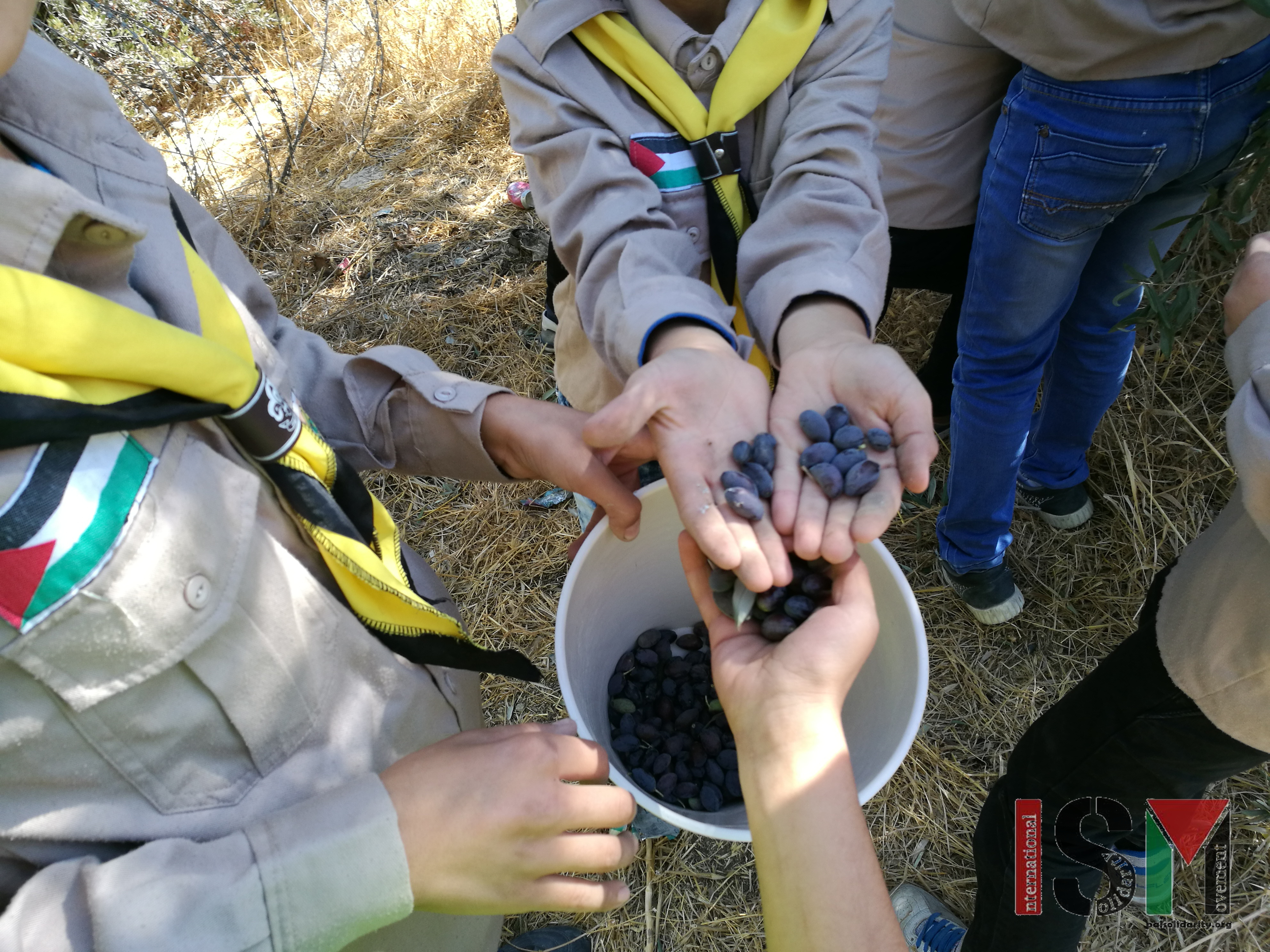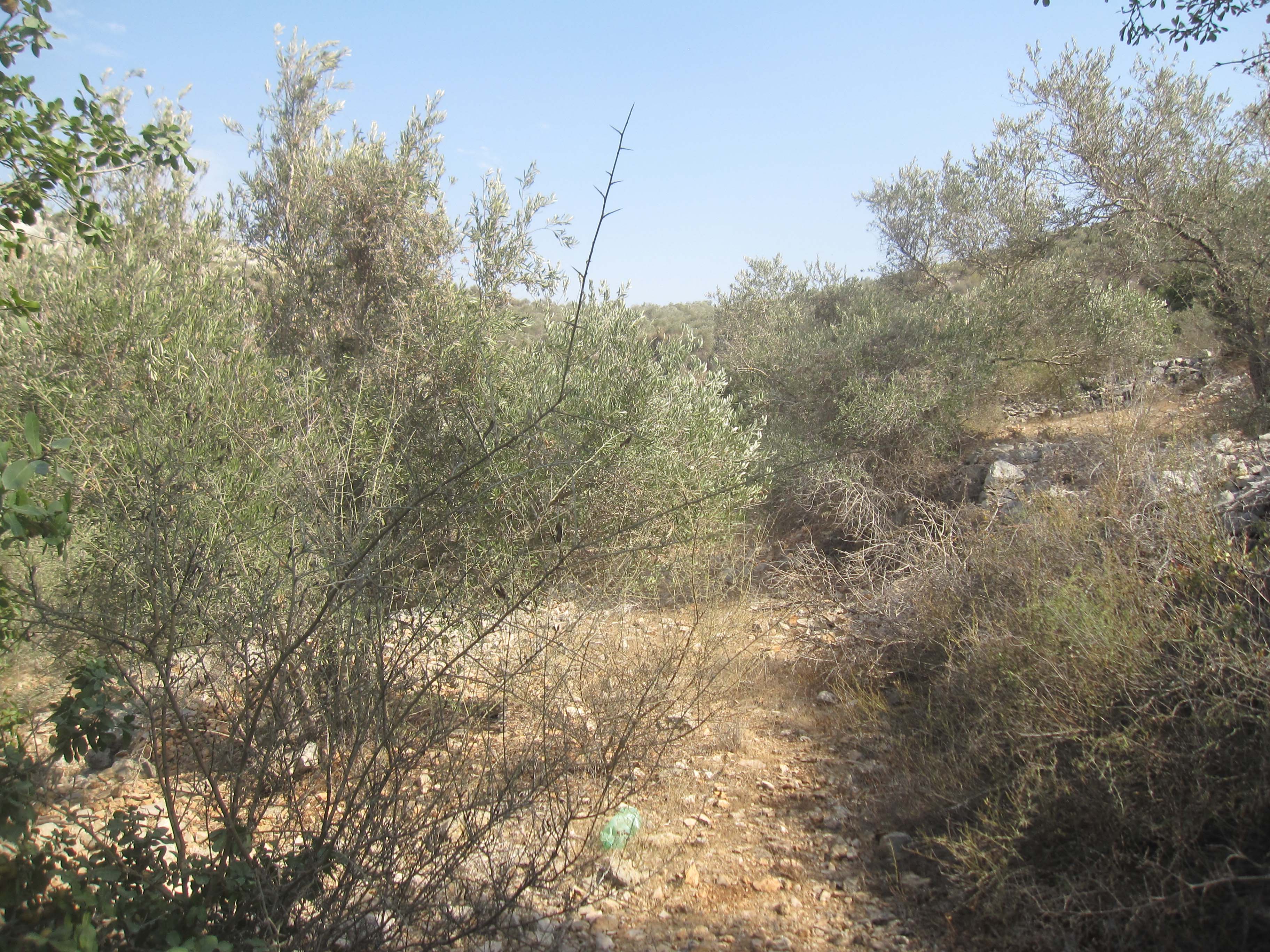Tag: Olive Trees
-
Settler attacks school-children and orders soldier to assist her
24th October 2016 | International Solidarity Movement, al-Khalil team | Hebron, occupied Palestine On Monday morning, infamous Israeli settler Anat Cohen attacked a group of school-children harvesting olives near their school in occupied al-Khalil (Hebron). She then ordered the soldier to not only evict the students and teachers from the area, but assist in her…
-
Olive harvest next to the illegal settlements in Bruqin
23rd October 2016 | International Solidarity Movement, Ramallah-team | Bruqin, occupied Palestine On October 21st, an ISM-team joined farmers in the village of Bruqin, Salfit district, for the olive harvest. The family’s fields are occupied by an illegal Israeli settlement and they are denied access to their land by the Israeli military except during the…
-
Call to action: Olive Harvest 2016
9th September 2016 | International Solidarity Movement | Ramallah, occupied Palestine At a time of increasing settler violence in the West Bank, the International Solidarity Movement is issuing an urgent call for volunteers to participate in the 2016 olive-harvest on the invitation of Palestinian communities. The olive tree, a national symbol for Palestinians, is an…



